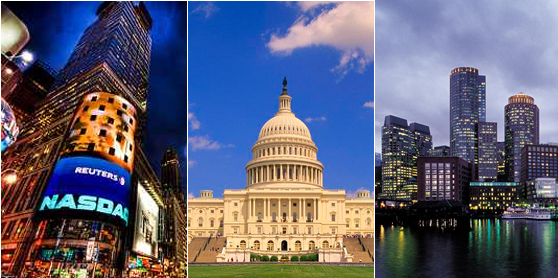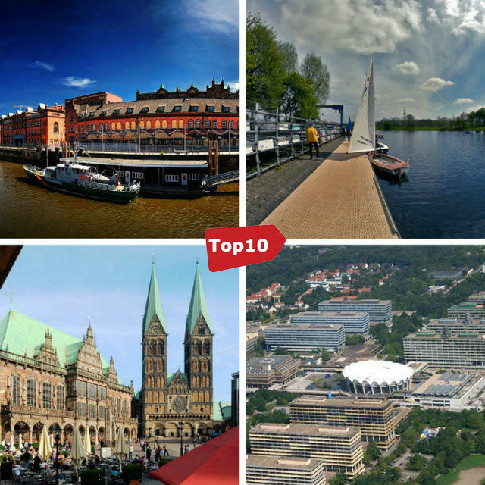Top 10 most influential urban agglomerations in the world
- By Mi Xingang
 0 Comment(s)
0 Comment(s) Print
Print E-mail China.org.cn, February 2, 2015
E-mail China.org.cn, February 2, 2015
Urban agglomeration is the highest organizational development form for advanced cities. It is defined as the combination of several nearby metropolises or large cities to form a multi-layer urban group centered on the most prosperous city in its midst.
As the pace of urbanization and economic globalization has accelerated, the trend of expanding urban agglomeration has become irreversible. Urban agglomerations are now exerting great influence on their countries’ competitiveness, shaping the landscape of the 21st century world economy in their roles as new regional units participating in global competition and international division of labor. Here are the top 10 most influential urban agglomerations in the world:
 The Hamburg-Ruhr industrial urban agglomeration, Germany
The Hamburg-Ruhr industrial urban agglomeration, Germany
|
The Hamburg-Ruhr industrial urban agglomeration, Germany |
Area: 8,500 square kilometers
Population: 9.7 million
Located in western of Nordrhein-Westfalen, the Ruhr industrial urban agglomeration serves as a connecting point in Europe bridging Eastern and Western, Northern and Southern Europe. The area is centered around Hamburg and is comprised of Bochum, Bottrop, Dortmund, Duisburg, Essen, Gelsenkirchen, Hagen, Hamm, Herne, Mülheim an der Ruhr, Oberhausen, Recklinghausen, Unna, Wesel and Ennepe-Ruhr-Kreis.
Go to Forum >>0 Comment(s)







